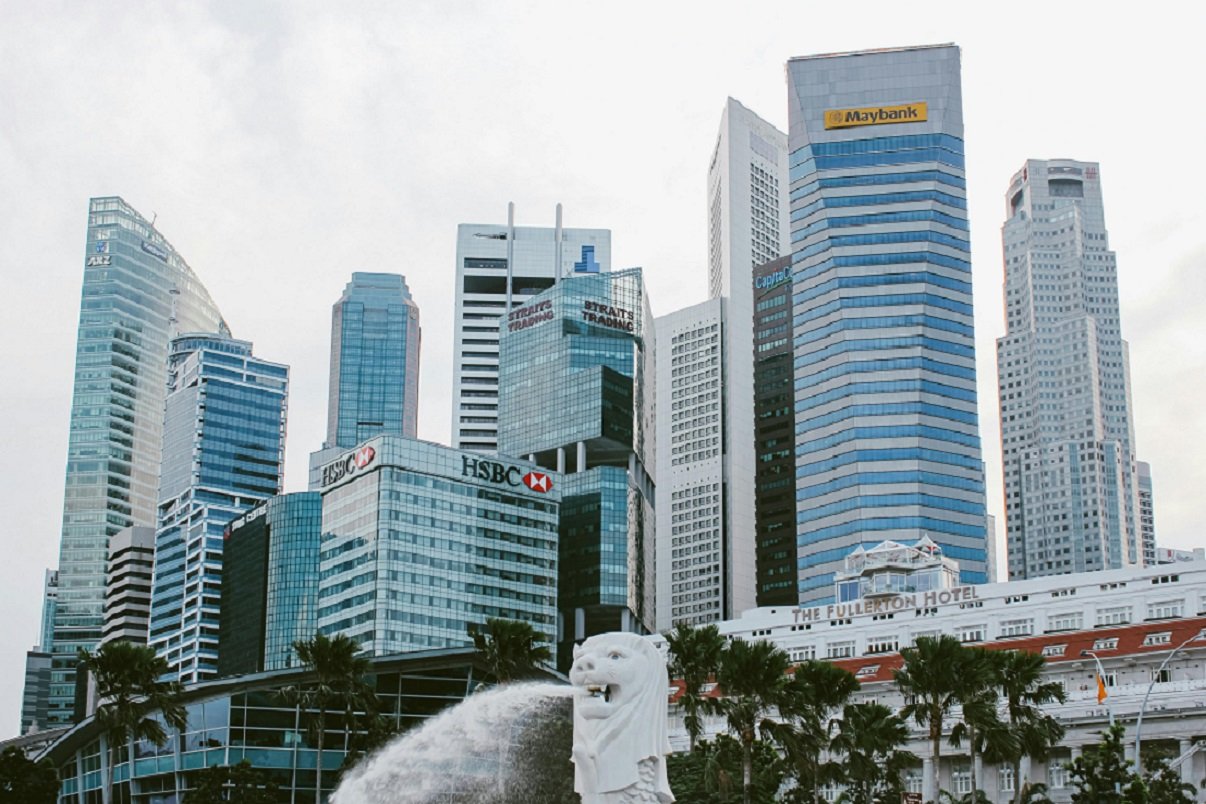In a renewed push for regional economic cooperation, Prime Minister Muhammad Shehbaz Sharif announced on Sunday that Pakistan and Iran are committed to increasing bilateral trade to $10 billion. The announcement was made during a joint press conference with Iranian President Dr. Masoud Pezeshkian in Islamabad.
The visit marks a major diplomatic milestone between the neighboring countries and signals a new phase of economic and strategic engagement.
Trade Target Backed by Agreements
While addressing the media, PM Shehbaz stressed that both nations are eager to transform potential into practical outcomes. As part of the visit, Pakistan and Iran signed 12 wide-ranging agreements and Memorandums of Understanding (MoUs).
These documents, he added, will help build a policy framework to realize the trade goal. Delegations from both countries will now hold detailed follow-up sessions to operationalize the agreements.
Shared Heritage, Stronger Future
Cultural and religious bonds were also emphasized. The Prime Minister highlighted the centuries-old connections between the two nations, rooted in shared history, language, and faith. He expressed confidence that these ties will continue to anchor future cooperation.
Echoing these views, President Pezeshkian described Pakistan not just as a neighboring state, but as a brotherly country. He recited verses by Allama Iqbal to symbolize unity across Muslim nations.
Condemnation of Israeli Aggression
During the press conference, PM Shehbaz took a firm stance against Israel’s unprovoked aggression against Iran earlier this year. He condemned the attack and extended heartfelt condolences to the Iranian nation over the loss of military personnel, scientists, and civilians.
Importantly, the Prime Minister lauded Iran’s resilience and commended the country’s measured yet forceful response. He remarked that the retaliatory strikes not only defended Iran’s sovereignty but also exposed vulnerabilities in Israel’s defense.
President Pezeshkian thanked the Pakistani government, parliament, and public for their solidarity during the crisis. He noted that Iran values Pakistan’s support during times of international pressure.
Twelve Strategic Agreements Inked
A highlight of the visit was the signing of 12 strategic MoUs and agreements. These span several key sectors:
- Agriculture and quarantine protocols
- Science, research, and technology collaboration
- Youth, education, and health partnerships
- Judicial cooperation and legal assistance
- Tourism development
- Maritime safety and fire control
- Trade quality and inspection systems
- Joint ministerial statement on Free Trade Agreement
These agreements are expected to serve as the foundation for deeper institutional cooperation between the two nations.
Trade Expansion and Infrastructure Plans
Currently, trade between Pakistan and Iran stands at approximately $3 billion. Both leaders emphasized that with strong political commitment and infrastructure improvements, the $10 billion target is achievable.
To facilitate this, both sides agreed to improve land, sea, and air connectivity. Enhanced border markets and faster customs clearances are also being explored to streamline trade operations.
Furthermore, the Iranian President confirmed that joint economic efforts will include infrastructure development projects and transport corridors.
Border Security a Shared Priority
Security cooperation emerged as another top agenda item. Given the recurring threats in border regions, both sides pledged to strengthen border surveillance and counterterrorism operations.
This commitment reflects the understanding that economic growth cannot thrive without a secure environment.
Regional Solidarity and Global Justice
Both leaders criticized the international community for applying double standards in conflicts involving Muslim nations. President Pezeshkian condemned Israel’s actions in Gaza and voiced concern about its destabilizing role in the region.
Together, Pakistan and Iran called on global organizations to uphold the sovereignty and territorial integrity of all nations. They urged Muslim countries to form a united front against expansionism and war-mongering.
A Warm Welcome and a Shared Vision
President Pezeshkian expressed gratitude for the warm reception. Calling Pakistan his “second home,” he emphasized the deep emotional and strategic connection between the two countries.
He also praised Prime Minister Shehbaz’s vision for regional cooperation and reaffirmed Iran’s commitment to implementing the signed agreements.
READ MORE: Top Stocks Held by Mutual Funds in Pakistan
Looking Ahead: A New Chapter Begins
With 12 new agreements in place and political will aligned, the future of Pakistan Iran bilateral trade looks brighter than ever. The $10 billion target is no longer aspirational—it is now a tangible goal supported by actionable frameworks.
As both nations embrace a renewed era of partnership, the impact is expected to extend beyond trade—contributing to peace, prosperity, and stability across the region.





